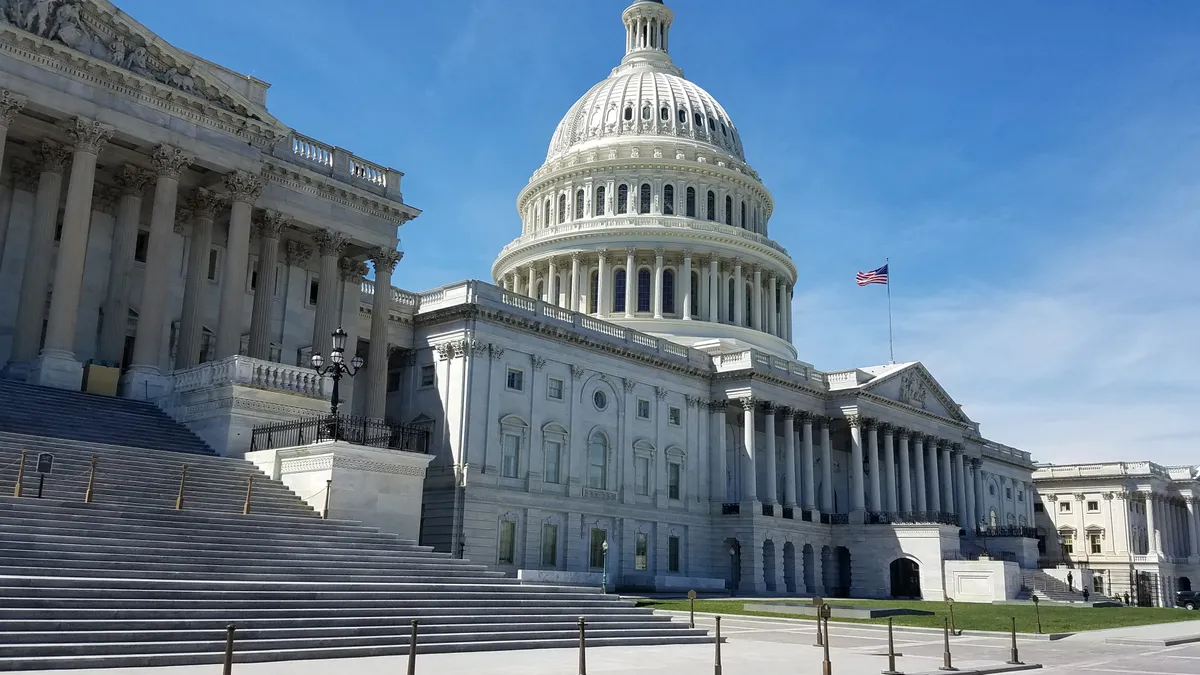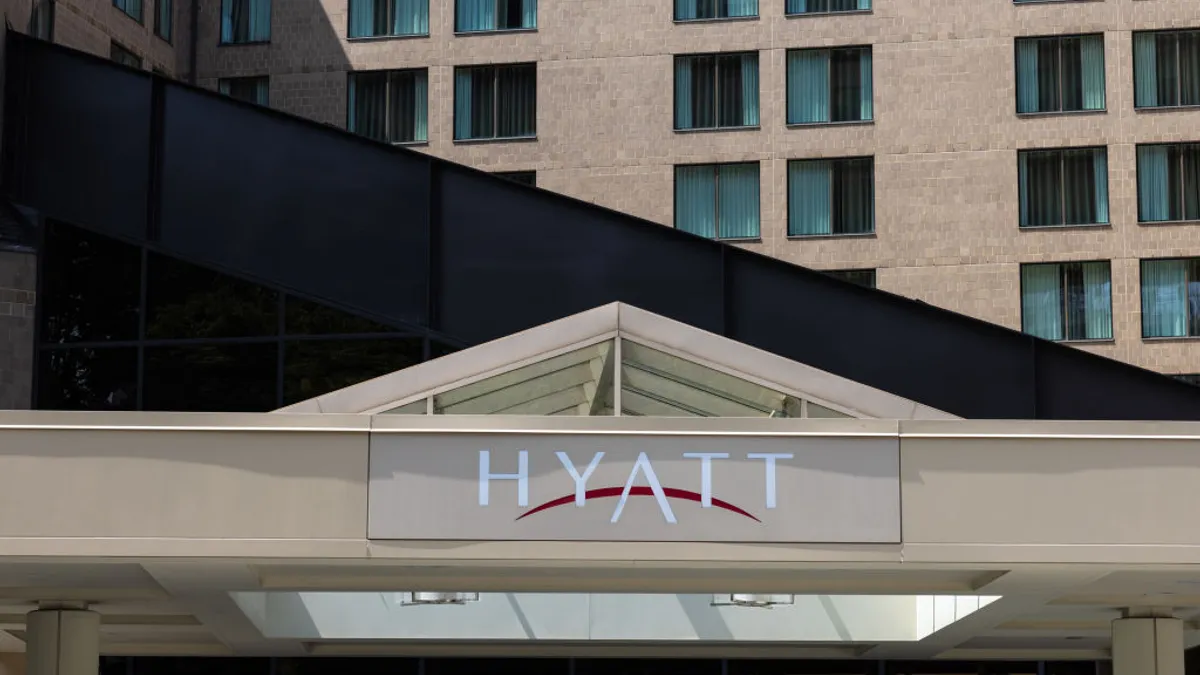Dive Brief:
- The U.S. accommodations sector, including hotels and motels, added 700 jobs in May, according to the latest jobs report from the U.S. Bureau of Labor Statistics. The sector’s workforce totaled 1.93 million in May, lagging pre-pandemic levels by roughly 191,500 jobs.
- Some 76% of hoteliers surveyed by the American Hotel & Lodging Association in May reported experiencing staffing shortages. This percentage was up from January, when 67% of hoteliers reported the same, signaling a “worsening workforce situation,” according to the association.
- While some hotels are increasing pay, benefits and perks to recruit and retain employees, they are still unable to fill all necessary roles, AHLA found. The organization has called on the federal government to assist in growing the sector’s workforce.
Dive Insight:
The majority of respondents (86%) to AHLA’s May Front Desk Feedback survey of 456 hoteliers said they’ve increased wages in the last six months to “cope with the nationwide workforce shortage.” Some 52% began offering greater flexibility with hours, and 33% expanded benefits.
Industry-wide labor shortages — and the actions hoteliers are taking to combat them — are “resulting in historic career opportunities for hotel employees,” according to AHLA. In 2024 alone, hotel workers are expected to receive a record $123 billion in wages, salaries, and other compensations, the association said in January.
Shortages also present the opportunity for “upward mobility” for current and prospective hotel employees, AHLA Interim President and CEO Kevin Carey said in a statement.
But for owners, the shortages pose significant challenges. Despite increasing pay and expanding benefits, 79% of hoteliers reported to AHLA that they are unable to fill open positions. And 13% of hoteliers said they are severely understaffed, meaning the shortage is affecting hotel operations.
These figures are down year over year, though. Some 82% of hoteliers in AHLA’s May 2023 Front Desk Feedback survey said they were unable to fill open positions, while 26% reported being severely understaffed.
AHLA’s Carey said Congress and the Biden administration can provide relief to hoteliers by expanding the H-2B guest worker program, which allows employers to hire workers from other countries on temporary work permits to fill nonagricultural seasonal roles.
AHLA is also calling on the Department of Homeland Security to make available an additional 65,000 H-2B temporary nonagricultural worker visas beyond the program’s annual cap of 66,000 visas. The department approved a similar expansion for the 2023 fiscal year.
Additionally, AHLA is urging Congress to pass the Closing the Workforce Gap Act of 2024, which would replace the annual H-2B visas cap altogether with a needs-based system for allocating visas.
Extending the certification period for H-2B employees and making it easier for qualified asylum seekers to start working in the U.S. would also help hoteliers, according to Carey.
The association believes Congress should pass the bipartisan H-2 Improvements to Relieve Employers (HIRE) Act, which would expand the H-2A/H-2B labor certification period to three years. AHLA is also urging Congress to pass the Asylum Seeker Work Authorization Act, allowing asylum seekers to work as soon as 30 days after applying for asylum.
Last month, thousands of hotel workers nationwide protested, claiming recent wage increases do not keep up with the rising cost of living and demanding better working conditions.










